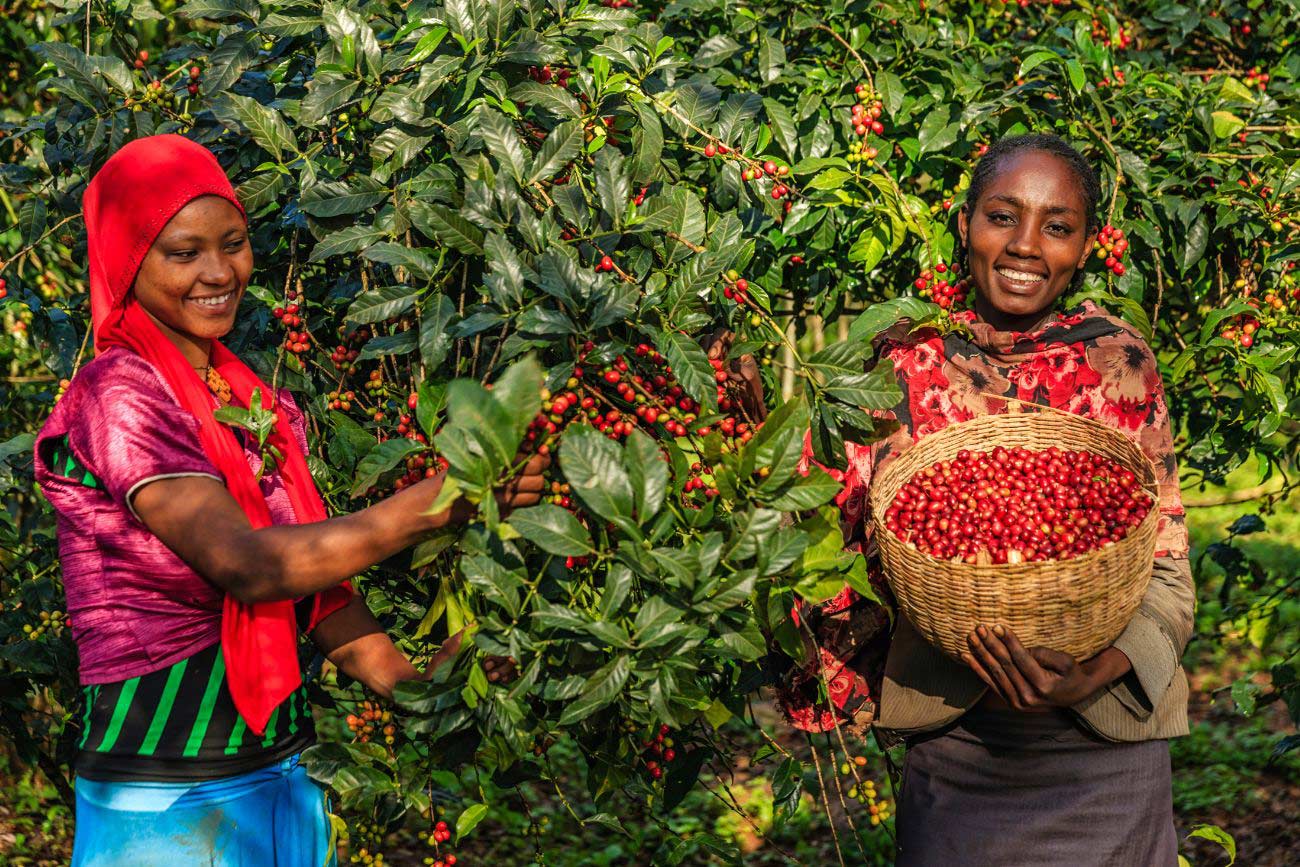Youth Assembly
Regional
consultations
and sessions

Africa
Regional achievements
Since 2022, the WFF Africa Youth Assembly has engaged over 1 000 young people through more than 10 local consultations, identifying five key regional priorities: nature-positive agrifood systems, enabling policies, education, market access and land tenure.
Building on this foundation, the 2023-2024 period saw over 700 participants join nine regional consultation sessions, refining these priorities to include digital skills training, inclusive policy co-creation and financial support for youth in agrifood systems.
These efforts have shaped a targeted strategy to address regional challenges and empower young changemakers.
YPB members leading
Africa regional efforts
Timeline
- 2021: Launching the Youth Action Compendium
In 2021, the Youth Assembly launched the Youth Action Compendium, highlighting youth demands in agrifood systems with a focus on the FAO's Four Betters: Better Production, Better Nutrition, Better Environment and Better Life.
- 2022: Laying the foundation
In 2022, the Africa region initiated the development of its Youth Action Regional Compendium, analyzing over 30 youth-led documents and holding virtual consultations and surveys. Key policy priority areas for the region included climate-smart agriculture, resilience and inclusivity for smallholder farmers, Indigenous Peoples, women and youth.
- 2023: Identifying challenges and calls to action
By 2023, regional consultations highlighted critical challenges and actionable solutions, emphasizing policy reform, education, financial support and land rights as key priorities.
- 2024: Narrowing the focus
In 2024, efforts concentrated on empowering smallholder farmers, Indigenous Peoples, women and youth through digital technologies and climate-smart agriculture. This work set the stage for the Global Youth Action Plan (GYAP) 2025-2026.
Regional policy priority for the GYAP
The selected regional priority for the GYAP is to support smallholder families, Indigenous Peoples, women and young farmers by enhancing their capacities through targeted training and workshops on digital technologies, strengthening partnerships with research institutions and promoting climate-smart agriculture.
Actionable items in the Regional Youth Action Plan
- Enhance skills in digital technologies while preserving traditional knowledge.
- Advocate for inclusive policies that support the transformation of agrifood systems.
The action plan will be implemented throughout 2025-2026. For more details, explore the timeline below or consult the document.
Regional Youth Action Plan Implementation Timeline
2025
Q1
- Start planning capacity-building workshops.
- Launch advocacy efforts and policy discussions with stakeholders.
Q2
- Initiate capacity-building workshops for smallholder farmers, youth and Indigenous peoples.
- Launch advocacy campaigns for microloan programmes and financial accessibility for marginalized groups.
Q3
- Begin cross-generational mentorships that integrate traditional knowledge with modern practices.
- Implement policy advocacy training for young leaders.
Q4
- Plan digital training expansion to new regions based on feedback from Q1 and Q2 initiatives.
- Host fora for youth and marginalized communities to present policy recommendations.
2026
Q1
- Assess programme impact and gather feedback through post-training surveys.
- Publish the findings, adjust strategy and review advocacy efforts.
Q2
- Expand the programme through university and tech partnerships to advocate for inclusive agrifood systems policies.
- Integrate smallholders into larger supply chains and digital platforms.
Q3
- Finalize lessons learned with a long-term implementation strategy.
- Assess advocacy impacts and submit policy recommendations for scaling inclusive agricultural policies.





